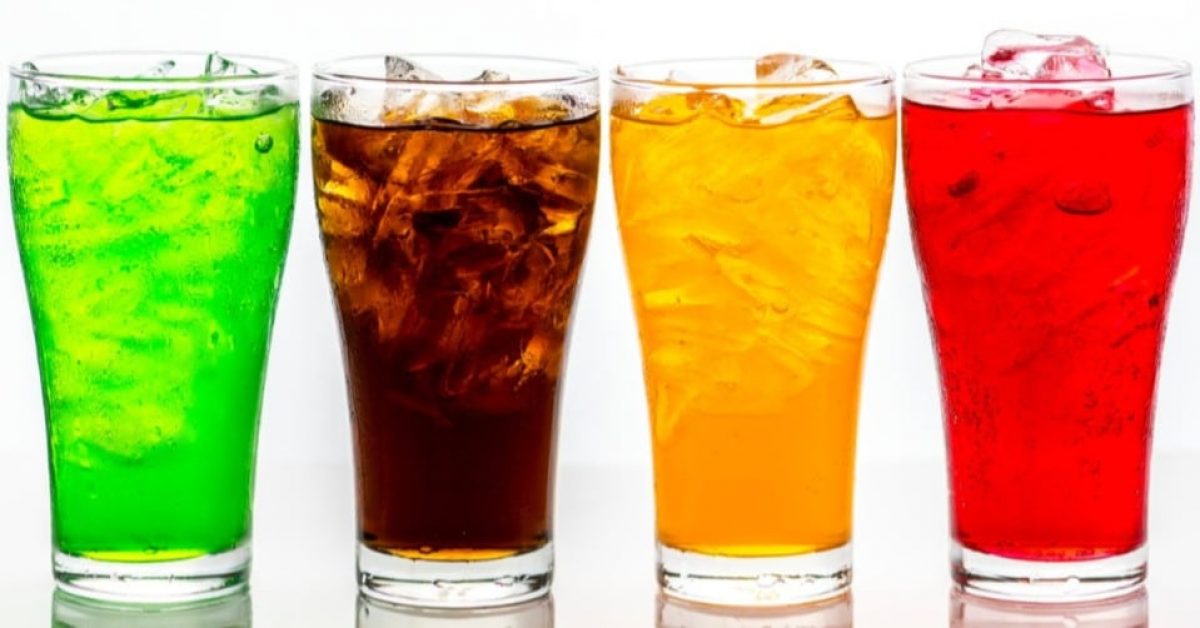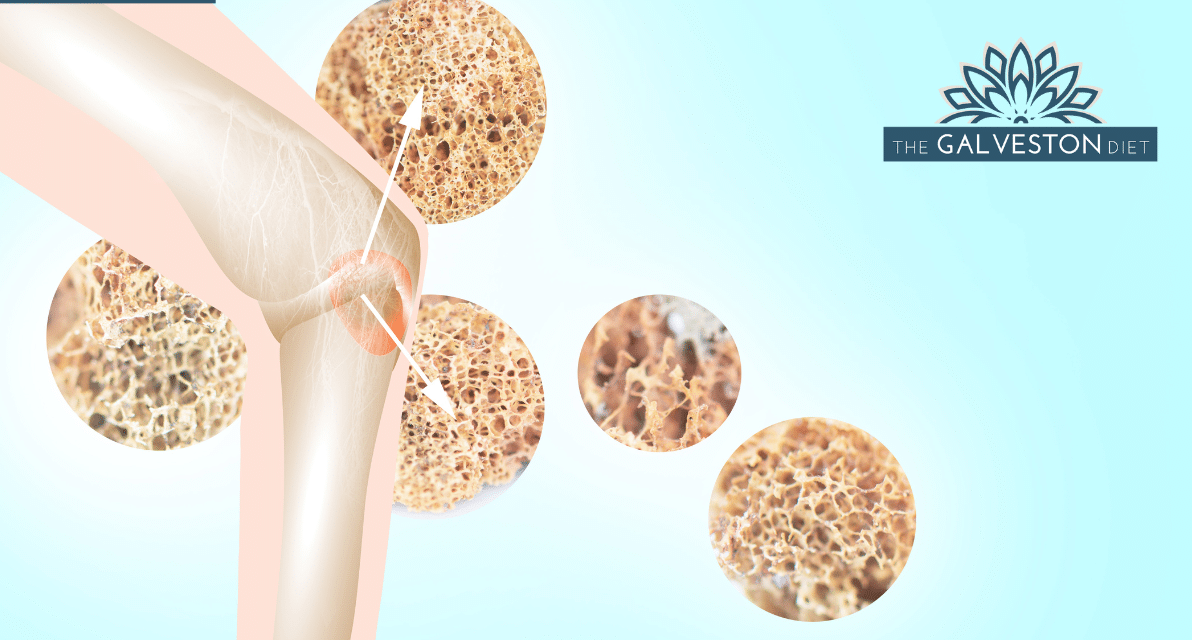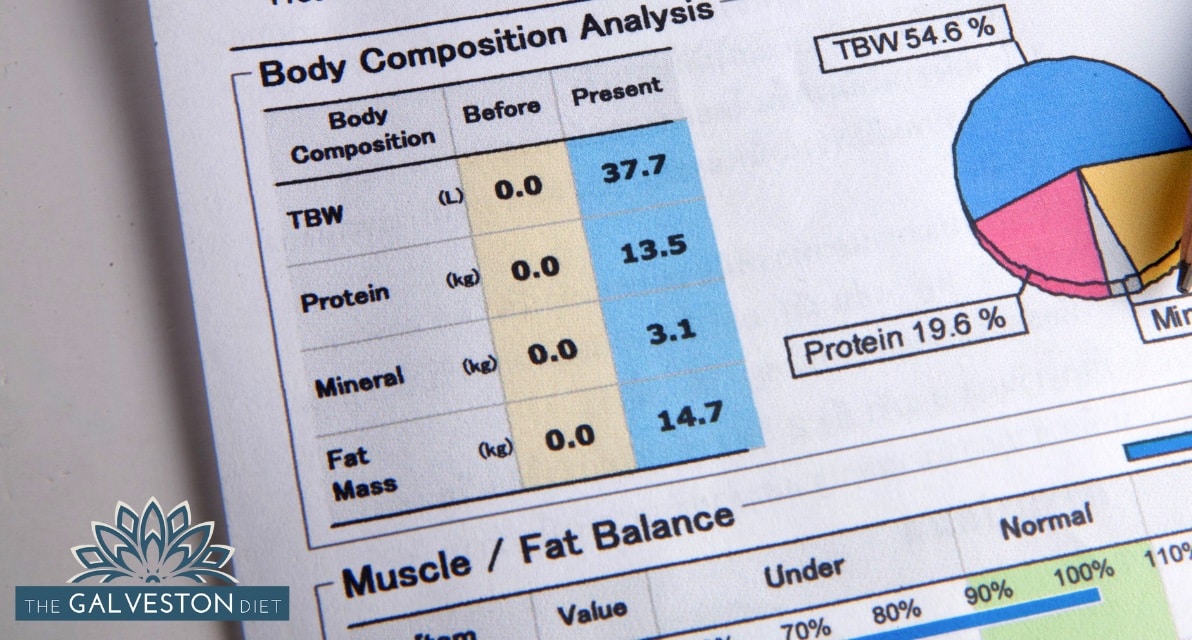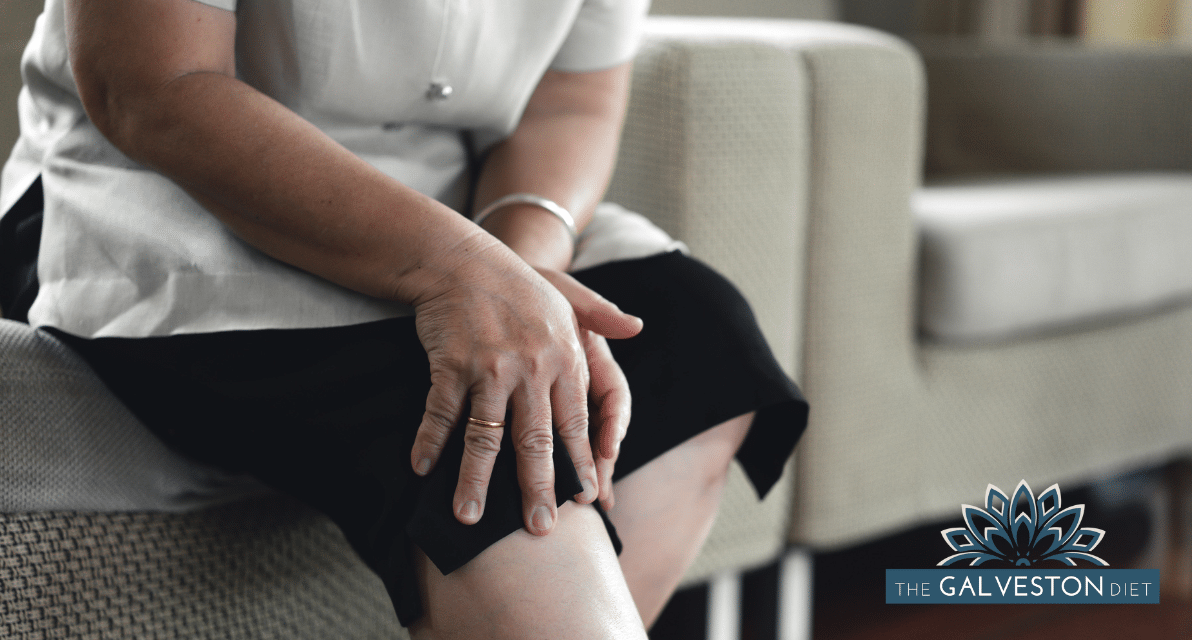Diet plays a large role in health, especially during menopause. Sometimes overlooked, certain beverages can affect the intensity and frequency of your menopause symptoms and increase menopausal health risks. Below are some of the most risky:
- Alcohol – One of the most common symptoms of menopause- disrupted sleep, primarily difficulty falling or staying asleep – is greatly influenced by the presence of alcohol in our bodies. Alcohol has been scientifically proven to decrease melatonin, the hormone responsible for regulating sleep-wake cycles, levels. In addition, alcohol consumption has been shown to be associated with increased frequency of hot flashes. If you do choose to continue to drink alcohol, ensure no more than 2 beverages are consumed per day and that consumption ends at least one hour before you go to bed.
- Caffeine – Caffeine intake is associated with increased frequency and severity of night sweats and hot flashes. Decaffeinated coffee/tea are your best bets for minimizing these menopausal symptoms.
Sugary Beverages – Menopause is against you on this one; the naturally lowered levels of estrogen and progesterone that occur during this stage of life often increase one’s craving for sugar. Fight the urge of consuming sugary beverages as it could worsen hormone changes as well as energy swings that lead to weight gain. - Carbonated “Fizzy” Drinks – These types of drinks contain phosphorous, which is very acidic and “attacks” your bones. This is problematic for a number of reasons but most importantly so considering osteoporosis, the weakening of bones, is a common problem that occurs along with menopause. Rather than promoting this weakening, we would rather prevent it; hence, fizzy drinks are not the best option.
- Diet/Artificially Sweetened Sodas – A new study found that women who drink multiple diet beverages in one day are 23% more likely to have a stroke and 29% more likely to develop heart disease between the ages of 50 and 79. Many are deceived by the low/no calorie label and think they are making a healthy choice when in fact they are putting their own health at risk.
If completely eliminating the above beverages does not seem possible to you I encourage you to at least limit your consumption. Over time, perhaps, you can slowly decrease the amount you drink and eventually not consume them at all. Your body will thank you later.
Article References:
https://www.avogel.co.uk/health/menopause/videos/5-drinks-that-can-upset-your-menopause/
https://www.thorne.com/take-5-daily/article/6-foods-to-avoid-during-menopause
If you are interested in learning more about the science behind The Galveston Diet, Click Here.






